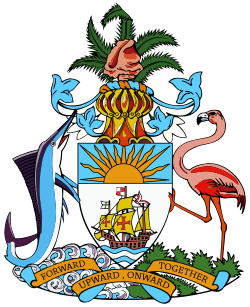 |
|---|
This article needs additional citations for verification .(June 2025) |
General elections were held in the Bahamas in 1935. Parliament having been dissolved in May. [1] This election was the last entirely public ballot elections in the country. A bill providing for a trial of secret ballots in New Providence (but not the Family Islands) was passed in July 1939, with the trial becoming permanent in 1942. [2]